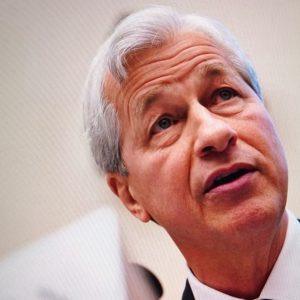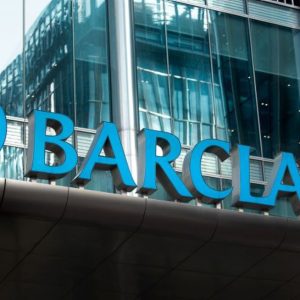The UK Financial Conduct Authority chief executive Martin Wheatley, who is also leading efforts to reform Libor, was quoted by the Financial Times as saying that the new system will facilitate continuity for holders of $350trn in existing contracts that reference the benchmark.
It also provides a means to develop a new scale that is strongly linked to objective data.
Wheatley also stressed that a call on when and how Libor should be scrapped should be taken by market participants rather than regulators.
Many global banks, such as British bank Barclays, Royal Bank of Scotland (RBS), Swiss lender UBS, came under the scanner of regulatory authorities in 2012 for allegedly fixing the Libor rate.
Libor is a lending benchmark used by the banks in the European region across financial markets in a broad range of activities.
However, the new system is likely to draw criticism from the US regulators, who wanted to switch quickly to transaction-based rates.
The US Commodity Futures Trading Commission chairman Gary Gensler said, "When a rate becomes obsolete, it is necessary to discontinue it. All of the successful [benchmark] transitions have a date established when the thing no longer exists."






